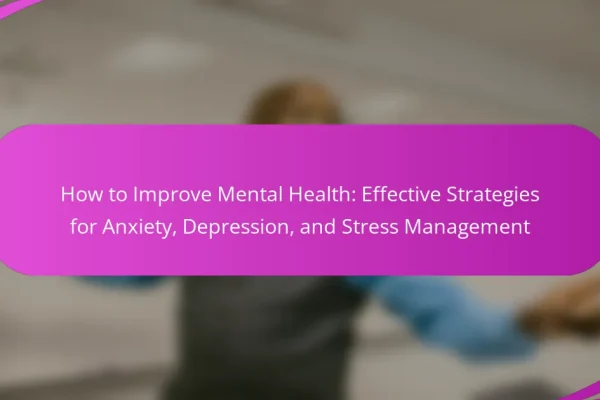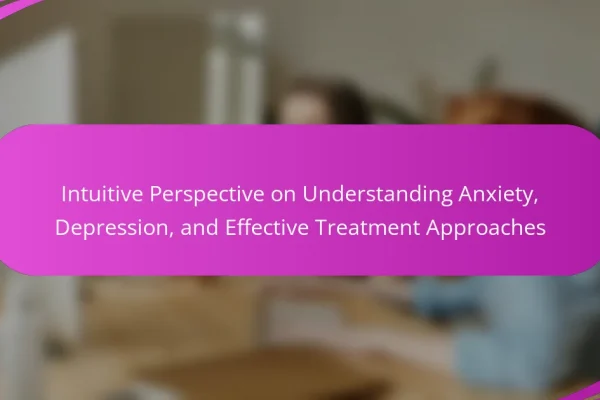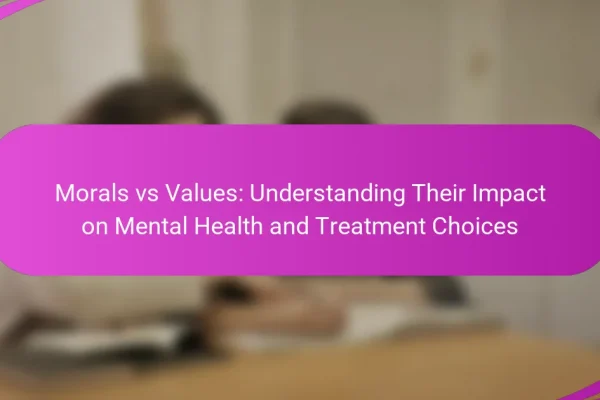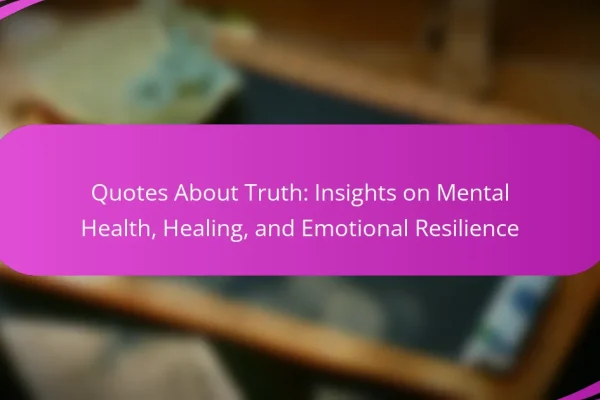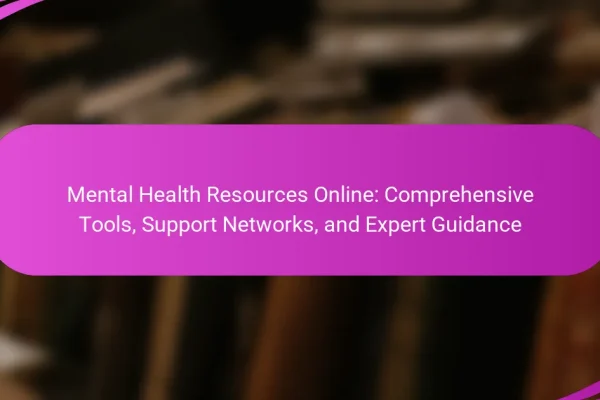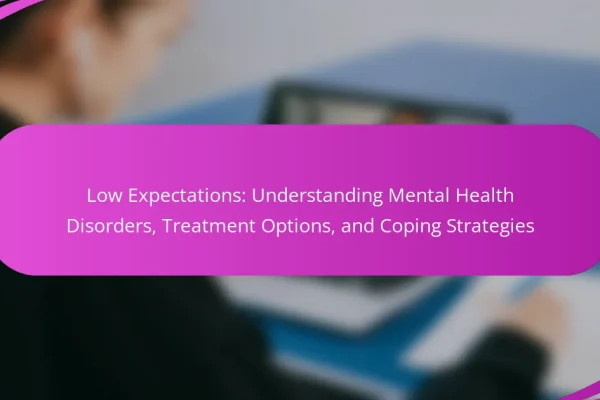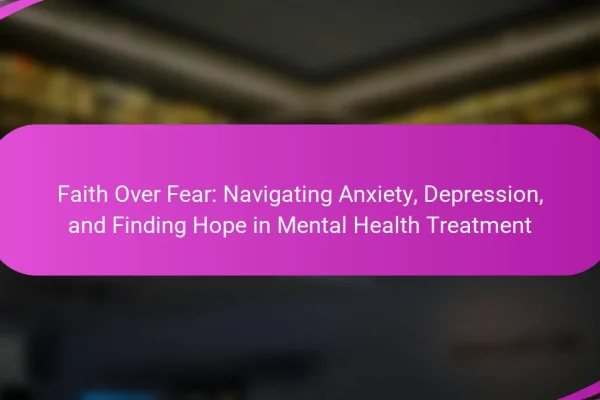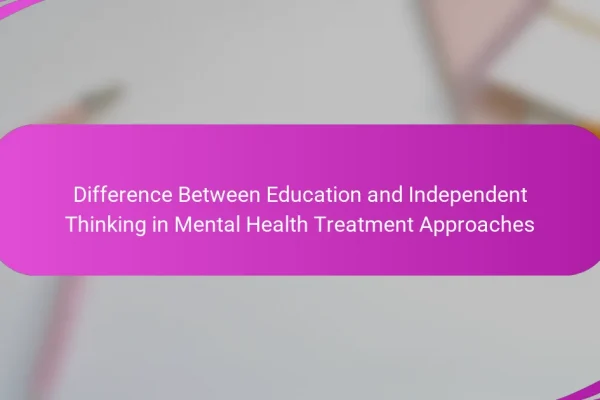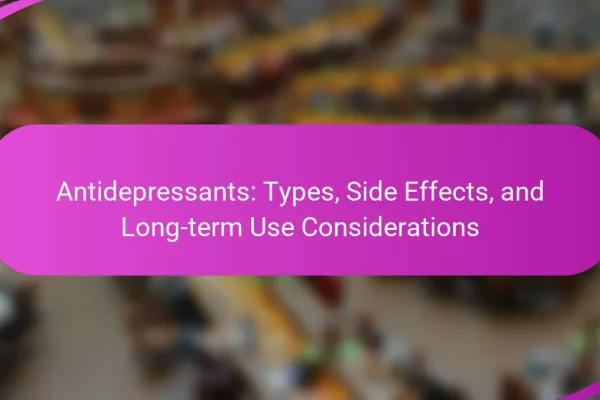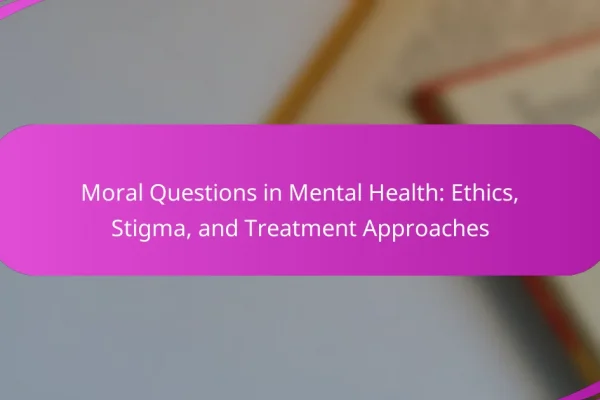
Moral Questions in Mental Health: Ethics, Stigma, and Treatment Approaches
Navigating moral questions in mental health treatment involves addressing ethical dilemmas, stigma, and diverse treatment approaches. Key issues include balancing patient autonomy with safety and informed consent complexities. Stigma significantly impacts access to care and patient engagement, necessitating systemic change. Understanding these dynamics is crucial for ethical mental health practices and improving treatment outcomes. What…
